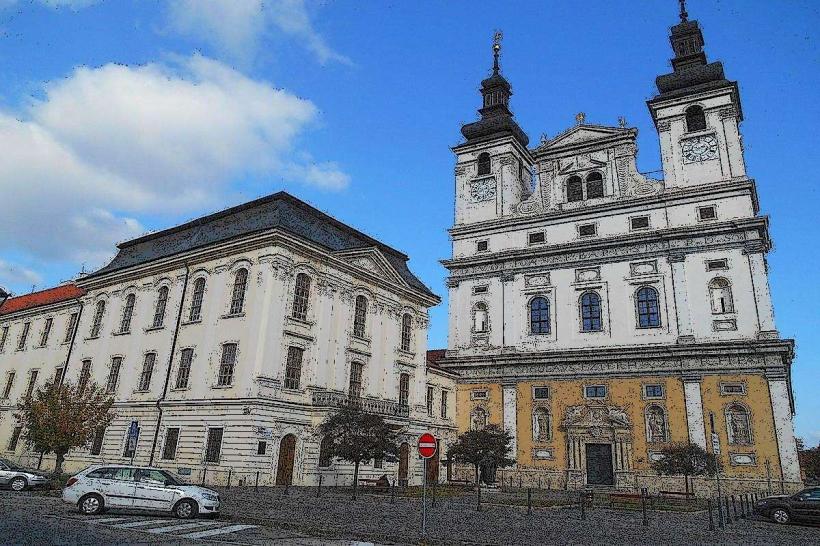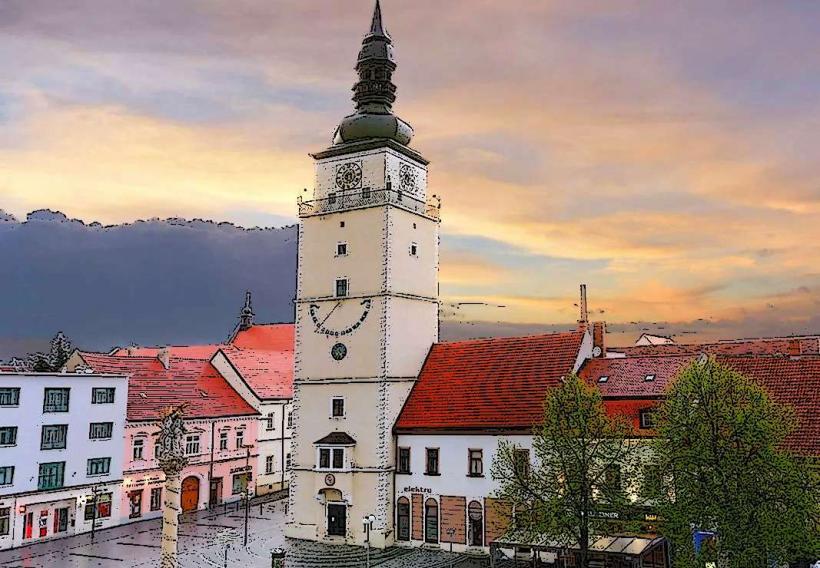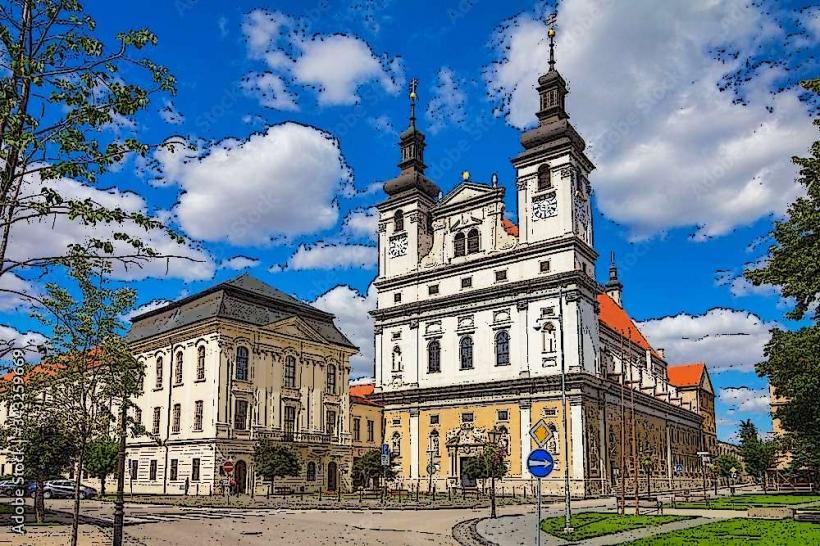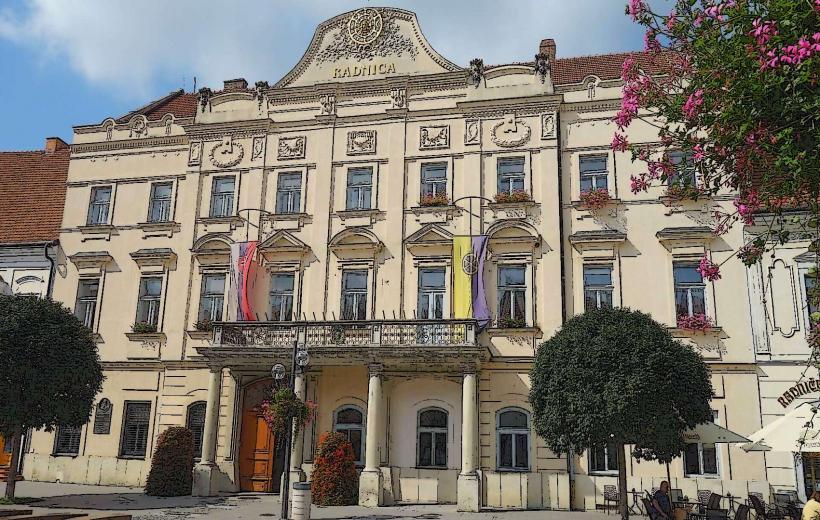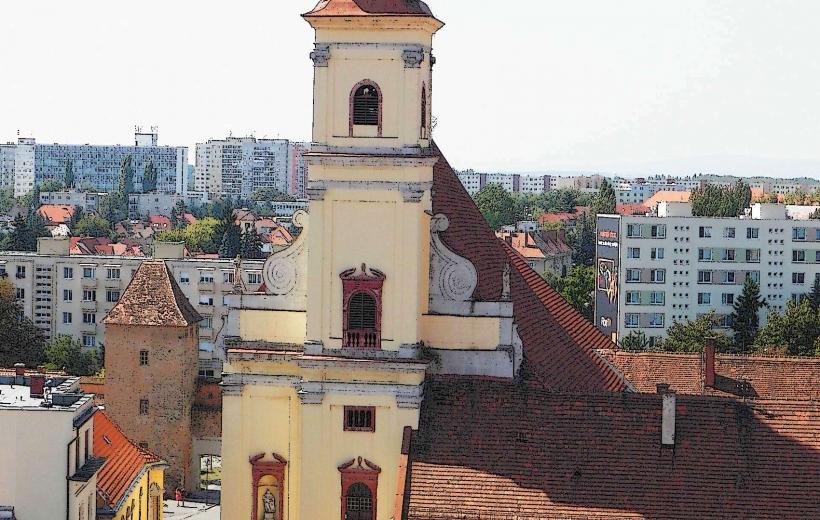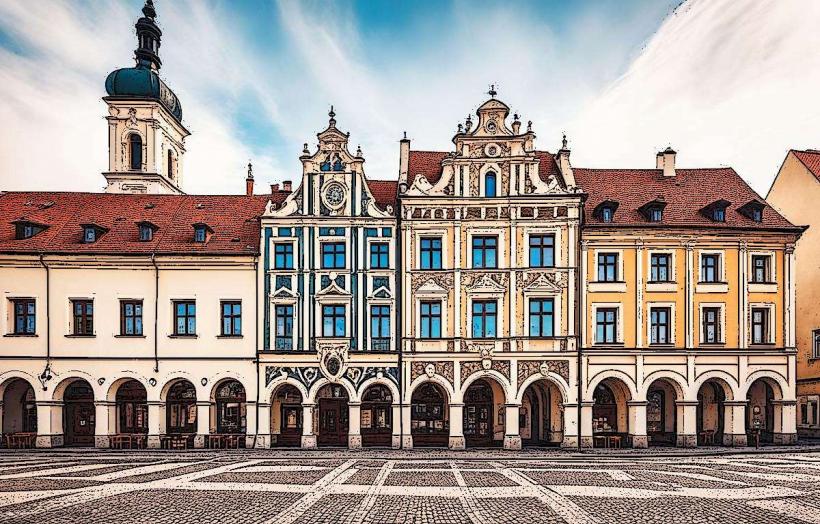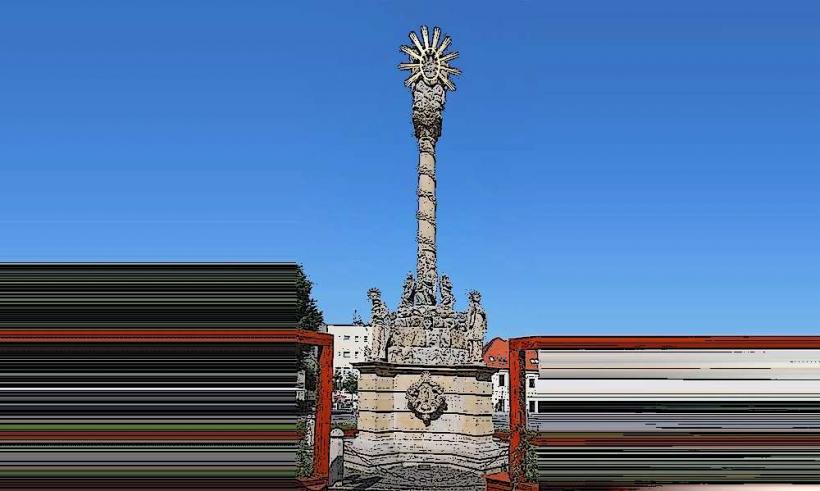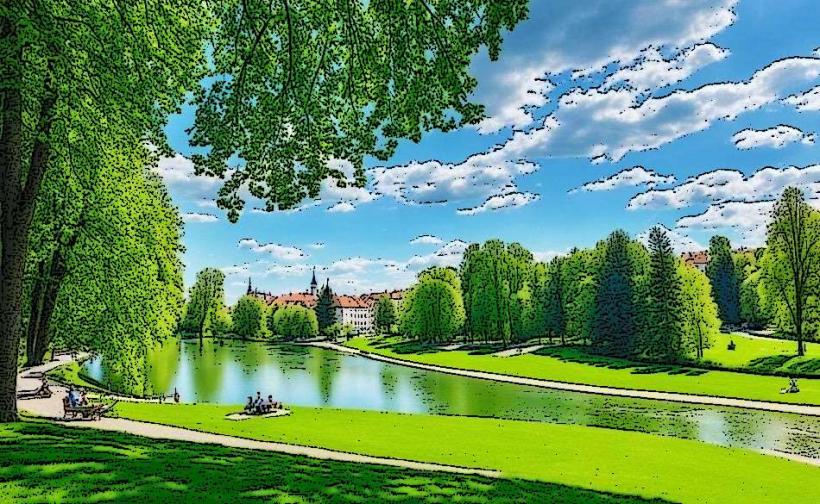Information
Landmark: Trnava Archaeological MuseumCity: Trnava
Country: Slovakia
Continent: Europe
Trnava Archaeological Museum, Trnava, Slovakia, Europe
Trnava Archaeological Museum (Archeologické múzeum Trnava)
The Trnava Archaeological Museum is a key cultural and historical institution in Trnava, Slovakia. It is dedicated to showcasing the rich archaeological history of the region, with a focus on prehistoric, medieval, and early modern artifacts discovered in and around Trnava and western Slovakia.
General Information
- Name: Trnava Archaeological Museum (Archeologické múzeum Trnava)
- Location: Trnava, Slovakia
- Type: Archaeological Museum
- Established: 1994
- Part of: Trnava Museum
- Collection Focus: Archaeology, Prehistory, Medieval History, Early Modern History
Historical Background
The Trnava Archaeological Museum was founded in 1994 as part of the Trnava Museum system. It is housed in a historical building in the city center and aims to preserve and display archaeological finds from various time periods, focusing on the history of Trnava and its surrounding regions.
Founding and Purpose:
The museum was created to serve as a dedicated institution for the preservation, research, and exhibition of archaeological artifacts found in the Trnava region. The museum's primary purpose is to showcase the historical development of the area from prehistoric times through to the Middle Ages and early modern periods.
Development of Collections:
The museum's collection has grown over the years through extensive archaeological excavations and the donation of finds by local residents, scholars, and institutions. It has become a central repository for artifacts that reveal the history and evolution of Trnava and its cultural context within Slovakia.
Exhibitions and Collections
The Trnava Archaeological Museum houses several permanent and temporary exhibits that highlight the archaeological heritage of the region, covering various time periods.
Prehistoric Artifacts:
- The museum displays a significant collection of prehistoric items, including tools, pottery, and weapons from the Stone Age, Bronze Age, and Iron Age.
- These artifacts shed light on the early human presence in the region, showing the daily lives of the early settlers and their interactions with the environment.
Roman Period:
- There are numerous objects from the Roman era, including coins, pottery, and military equipment. Trnava and its surrounding area were part of the Roman province of Pannonia, and many important Roman artefacts have been uncovered during excavations in the region.
- The museum offers insight into the Romanization of the area and the interaction between the local Celtic tribes and the Roman Empire.
Medieval and Early Modern Artifacts:
- The museum also houses a rich collection of medieval artifacts, including coins, medieval pottery, weapons, and religious items. These items reflect the medieval period of Trnava when the city was an important trade and cultural center in the Kingdom of Hungary.
- Additionally, objects from the early modern period showcase the evolution of Trnava as a key ecclesiastical and urban center during the Renaissance and Baroque periods.
Archaeological Excavations:
- The museum's collections are based on findings from excavations that have taken place in and around Trnava, including important urban sites, cemeteries, and fortifications.
- Many of the items on display were uncovered during the excavation of the medieval city walls, churches, and burial sites, helping to illuminate the history and growth of Trnava over time.
Museum Highlights
Artifacts from Early Christian Period:
- The museum has a special section devoted to the early Christian period, with Christian symbols, early church structures, and grave goods from the time when Christianity began to spread in the region.
Trnava's Medieval Urban History:
- The museum also features exhibits on the medieval urban layout of Trnava, with models and diagrams depicting the city's growth during the Middle Ages, including the construction of its city walls and fortifications.
Roman and Medieval Burial Artifacts:
- A significant portion of the collection is devoted to items found in burial sites, including grave goods from Roman, medieval, and early modern cemeteries, which offer a glimpse into the spiritual and social life of the people of Trnava.
Visitor Experience
- Permanent Exhibits: The museum offers an in-depth look at the archaeological history of Trnava, with items arranged in chronological order to give visitors a comprehensive view of the region's development.
- Temporary Exhibits: The museum also hosts temporary exhibitions, often focusing on specific themes or newly discovered archaeological finds.
- Educational Programs: The Trnava Archaeological Museum offers educational programs for schools and organized tours to engage visitors in the history of the area.
Visitor Information
- Address: Trnava Archaeological Museum, Trnava, Slovakia
- Opening Hours: The museum is typically open Tuesday to Sunday, with some variations during holidays or special events.
- Admission Fees: Admission fees are generally affordable, with discounts for students and groups.
- Contact Information: Visitors can contact the museum for more details on exhibits, opening hours, and special events.
Conclusion
The Trnava Archaeological Museum provides an excellent opportunity for visitors to explore the rich archaeological history of Trnava and its surrounding regions. With a wide range of artifacts spanning from prehistory to the medieval and early modern periods, the museum offers valuable insights into the evolution of Trnava as an important cultural and urban center. Whether you're an archaeology enthusiast or simply interested in the city's history, the museum is a must-visit destination.

